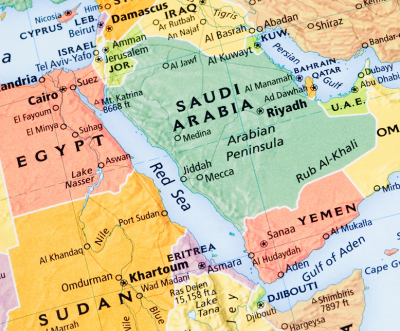Hey there, let’s talk about Data Privacy in MENA!
Hey, in today’s digital world, data privacy is more than just a rule to follow—it’s a vital part of building trust with your customers and ensuring your business can thrive. But navigating the web of data protection laws in the Middle East and North Africa (MENA) region can be a real challenge. Each country has its own set of rules, creating a complex puzzle for businesses to solve.
Global standards like the GDPR have set a high bar for compliance, but in MENA, things are a bit different. Local laws, cultural norms, and legal interpretations all play a role in shaping the data protection landscape. It’s a lot to take in, but it’s crucial for businesses to get it right.
Why MENA Data Protection Laws are a Puzzle
One of the biggest challenges for businesses in MENA is the fragmented nature of data protection regulations. Unlike the EU’s unified approach, countries like the UAE, Saudi Arabia, Egypt, and Qatar each have their own laws. Compliance can be a real headache, with different rules, enforcement mechanisms, and requirements to juggle.
For example, in the UAE, data protection laws vary by Emirate or free zone. In Saudi Arabia, hefty fines await those who don’t comply with the Personal Data Protection Law. And Egypt’s regulations focus on protecting personal data and limiting international data transfers. It’s a complex landscape that requires tailored strategies for each jurisdiction.
The Main Compliance Challenges in MENA
With so many different rules to follow, businesses in MENA face several key challenges:
- Defining Personal Data
Each country has its own definition of personal data, making it crucial for businesses to understand how their data is classified under local laws. - Cross-border Data Transfers
Transferring data across borders can be tricky, with many countries in MENA imposing restrictions unless certain conditions are met. - Enforcement and Penalties
Penalties for non-compliance can be severe, with fines and reputational damage on the line. - Cultural Considerations
Cultural factors play a role in how data privacy laws are enforced, adding another layer of complexity for businesses.
Getting Ready for Data Privacy Compliance in MENA
To stay on top of data protection in MENA, businesses need to take a proactive approach:
- Map and Classify Data
Know what data you have, where it’s stored, and how it’s processed. A comprehensive audit is key to understanding your data. - Develop Country-specific Strategies
Tailor your compliance approach to each jurisdiction’s laws and regulations. - Enhance Data Security
Invest in robust security measures to protect personal data from breaches and cyber threats. - Engage with Regulators
Build relationships with local regulators and stay informed about changes in data protection laws. - Train Your Team
Educate your staff on data privacy laws and the risks of non-compliance to ensure everyone is on the same page.
Wrap-Up: Simplifying MENA Data Privacy Compliance with Formiti
Complying with MENA’s data protection laws may seem daunting, but it doesn’t have to be. With Formiti’s MENA Data Privacy Service, businesses can navigate the regulatory maze with ease. Our tailored approach includes expert guidance, operational support, and a dedicated Data Protection Officer to keep you on track.
Let Formiti help you manage your data privacy obligations in MENA, so you can focus on growing your business with confidence!



